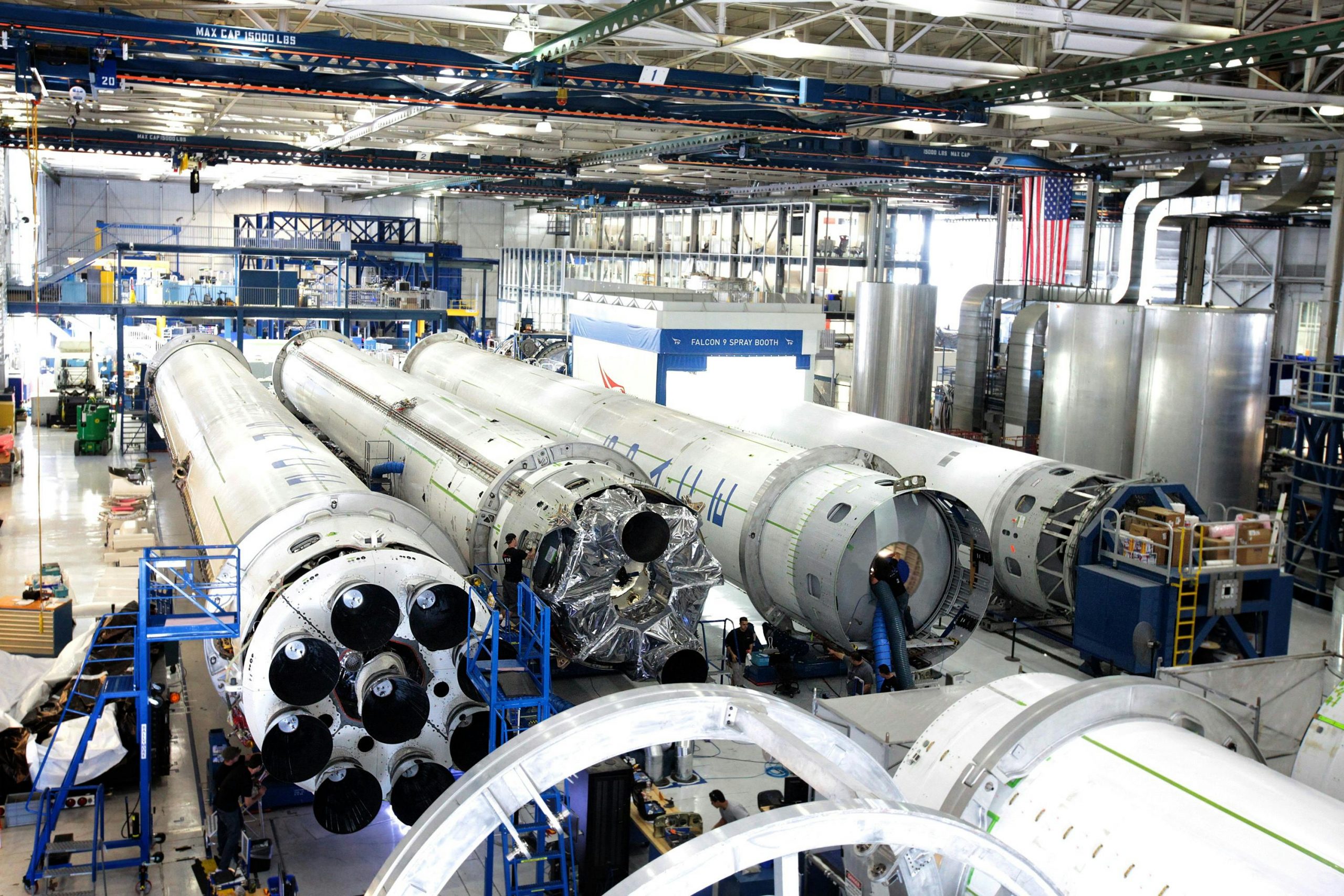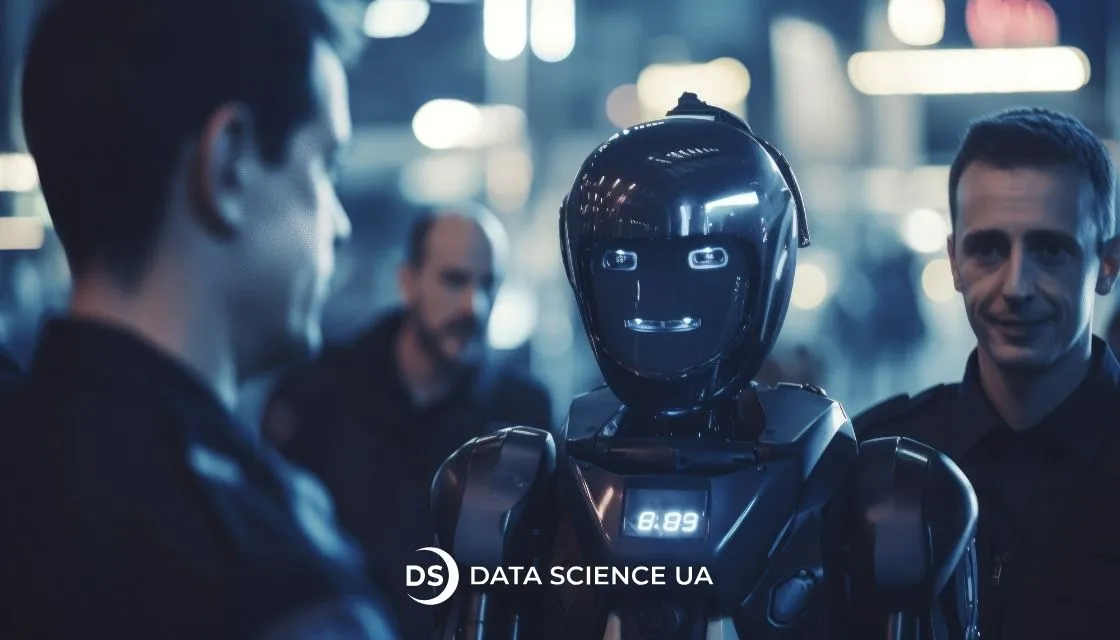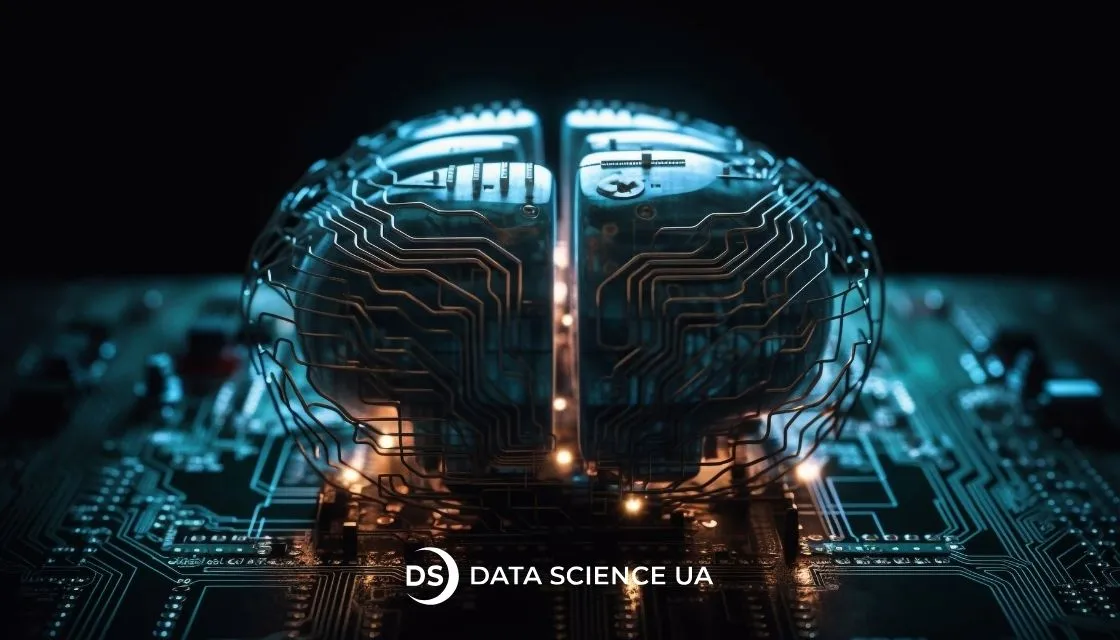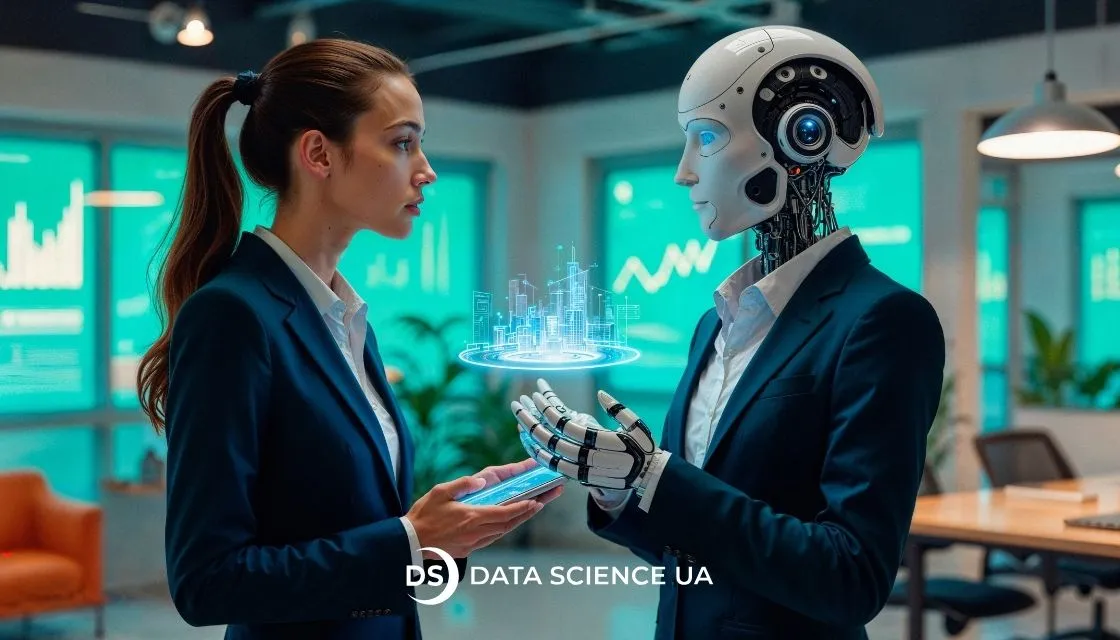Generative AI for manufacturing: Top use cases for industry transformation
How Generative AI is Changing Manufacturing
According to McKinsey report, generative AI has the power to reduce operational inefficiencies – automating routine tasks like the shift reporting that could save up to 70% in the delivery times for such reports in a manufacturing environment-along with contributing $1.4 trillion to $2.6 trillion each year across operations with immense savings on procurement and production. By applying advanced algorithms and machine learning models on vast datasets, manufacturers gain insights that were not previously possible. As a result, AI increases productivity and efficiency.
Understanding How Generative AI Works in Manufacturing
Generative AI, therefore, at its core, uses advanced algorithms and techniques of ML to analyze past data and thereby generate new outcomes based on that analysis. That might mean everything in manufacturing—from design specifications to production metrics, supply chain logistics, and customer feedback. The technology enables simulation, prediction, and optimization of processes in real time; this way, manufacturers can make informed decisions that enhance operational efficiency.
Key Elements of Generative AI in Manufacturing
- Machine Learning: Algorithms learn from data to find the best patterns to make predictions.
- Natural language processing services: This is the technology that allows machines to understand human language, making communications within an organization more effective.
- Computer Vision: Systems designed to understand and process visual data for a wide range of applications, from quality control to monitoring.
- IoT Integration: Devices and machinery linked for real-time observation of data to be further analyzed and used in timely response and decision-making.
Applications of Generative AI in Manufacturing
Generative AI use cases in manufacturing enable businesses to achieve operational improvements. Refer to our AI in manufacturing examples for more detailed information.
 What is generative AI for manufacturing?
What is generative AI for manufacturing?
Monitoring Machine-Generated Events
The most impressive examples of generative AI in manufacturing have to do with event monitoring generated by machines. In turn, AI supported by the data from sensors and IoT devices can detect anomalies in real time. For example, AI at GE Aviation monitors jet engines and can predict potential failures before they happen. Generative AI in manufacturing industry reduces downtime and maintenance costs by ensuring that production processes go on without any problems.
Automating Customer Service
The second major application of generative AI in manufacturing use cases—is in the way chatbots and virtual assistants are being used. They can respond to queries 24/7 and hence provide instant responses to customer queries. Similarly, Siemens has used the chatbot development service that helps the company deal with customer queries regarding technical support; hence, it reduces response times and improves customer satisfaction.
Smarter Document Search and Synthesis
Manufacturing environments often have to deal with volumes of documentation, which can be overwhelming. Generative AI helps speed up document searches and syntheses through automatic extraction of relevant information from huge datasets. Companies like Honeywell use AI in order to improve document management and allow employees to track down information quickly, reducing the administrative burden.
Improved Product Catalog Discovery
Generative AI helps in the discovery of product catalogs by analyzing customer preferences and behaviors. For example, Bosch uses AI to make a recommendation of products based on the customer’s past purchases and browsing history. It increases engagement and drives sales through personalized marketing strategies.
Smoothening Supply Chain Operations
Generative AI enables the optimization of supply chain operations. Manufacturers can get closer to actual demand variability with advanced demand forecasting and supplier optimization. For instance, with AI, Coca-Cola can analyze sales and inventory data to determine how to move products through the supply chain most efficiently, therefore significantly reducing general supply chain waste.
Leveraging Digital Twin Technology
Digital twins, virtual replicas of physical systems, are increasingly integrated with generative AI. For instance, Siemens is developing digital twins in the manufacturing production lines to simulate and maximize the efficiency of production. The technology will enable manufacturers to detect problems even before they happen, improving manufacturing efficiency and reducing costs in the process.
Predictive Maintenance Implementation
Other important applications of generative AI in manufacturing include predictive maintenance. Manufacturers can anticipate the time when machines are most likely to fail by analyzing equipment data and, therefore, schedule maintenance. For example, Rolls-Royce uses AI to monitor the health of its aircraft engines for predictive maintenance needs, reducing unexpected breakdowns in service.
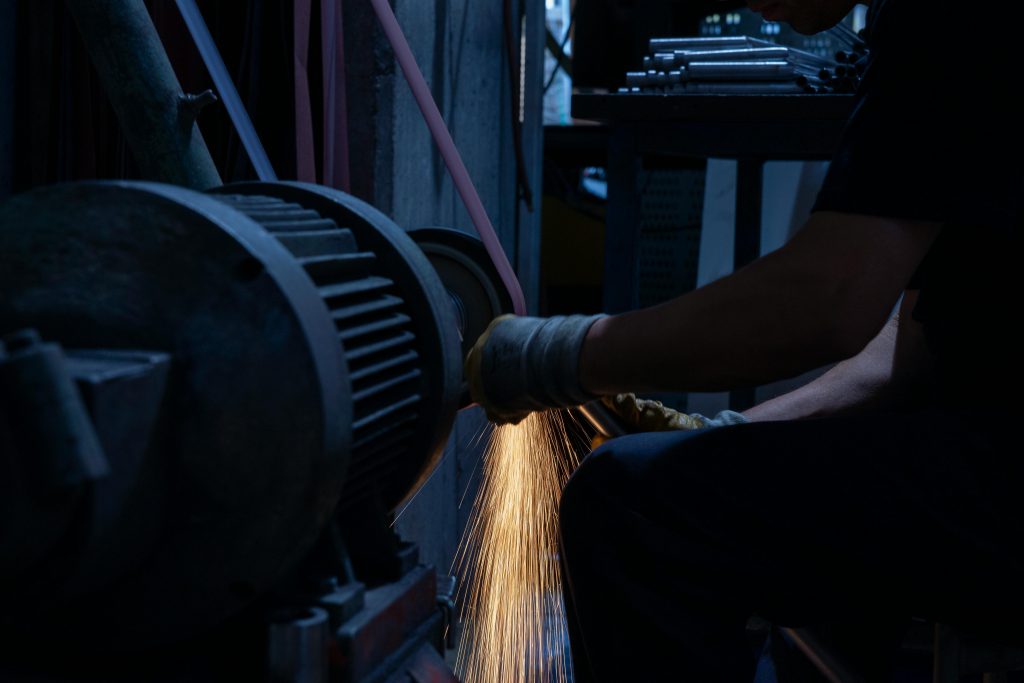 Application of generative AI
Application of generative AI
Smarter Decision-Making Enabled
It enables smarter decisions for manufacturing leaders with data insights. For example, Procter & Gamble applies AI analytics in assessing market trends and consumer behavior to inform strategic planning and resource allocation. This, in turn, enhances overall competitiveness, given the quicker and better decision-making enabled.
Improving Inventory Management
The backbone of manufacturing is effective inventory management. Generative AI helps optimize the level of inventories through demand prediction and maintenance of stock based on the forecasted demand. It might mean using AI to continually analyze sales in real time so as to have what customers want when needed without over-inventory, such as with Zara.
Increasing Corporate Governance and Controls
Generative AI can help improve corporate governance by providing better insight into compliance and risk management. Companies like Boeing use AI to monitor their industry’s regulations and ensure the quality of their manufacturing is at par with the best standards for safety and quality.
Sustainability Practices Promotion
Sustainability is another big concern in manufacturing, and generative AI can help companies identify and implement sustainable practices. For example, Unilever has tapped into AI to analyze supply chain data, identifying areas where the company can reduce waste and improve energy efficiency.
Redefining Product Development Processes
But it is also changing product development processes through the creation of collaborative design environments. For example, with Tesla’s AI, a diverse group of engineers and designers collaborate and iterate on a variety of new and innovative designs rapidly.
Business Value of Generative AI for Manufacturing
The integration of generative AI in manufacturing has a variety of business benefits such as:
Time-Saving and Cost-Cutting
By streamlining processes and reducing the need for manual intervention, generative AI saves time and decreases costs considerably. For instance, automating inventory management will reduce the labor costs related to stock control for the manufacturer.
Operational Downtime Reduction
Generative AI minimizes operational downtime through predictive maintenance and real-time monitoring. Companies such as Caterpillar use AI-driven analytics to monitor equipment health and predict failures to avoid unplanned breakdowns, ensuring continuous production. Check out ocr scanning services for more.
Reducing Operational Downtime
With predictive maintenance and real-time monitoring, generative AI reduces operational downtime. Companies like Caterpillar use AI-driven analytics to monitor equipment health and predict failures, thus minimizing unexpected breakdowns and ensuring continuous production.
Driving Innovation and Creativity
Generative AI encourages a culture of innovation, where teams experiment with new ideas and designs. For example, Adidas uses AI to innovate designs that are in tune with the consumer’s preference for the shoe, thus making its products stand out in a marketplace where every company seems to be offering similar products. For more info, see AI development company.
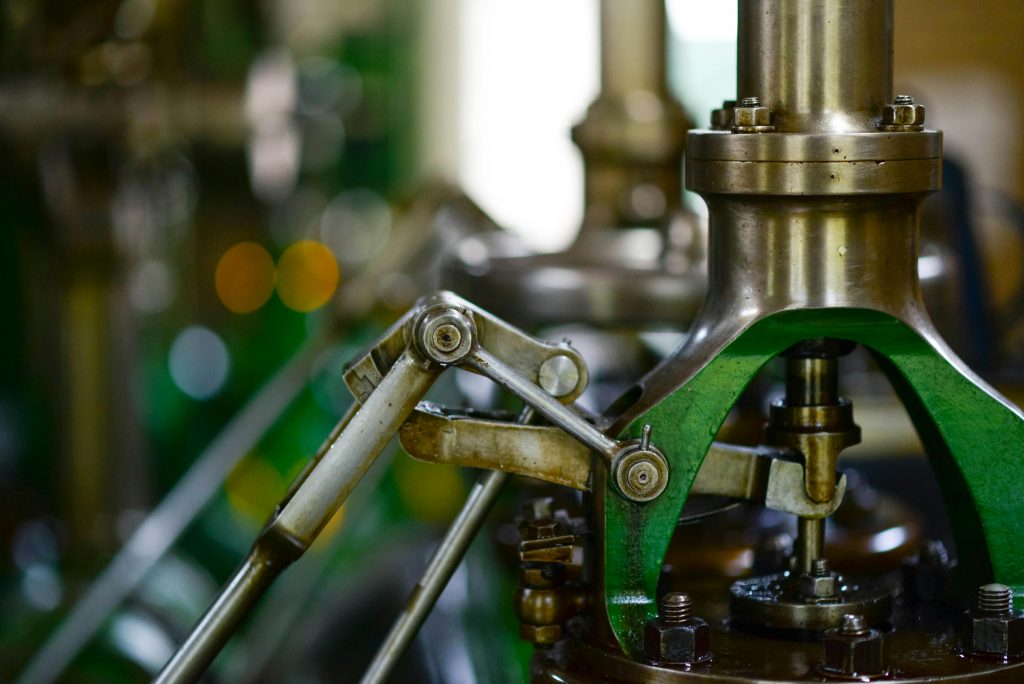 Advantages of generative AI in manufacturing
Advantages of generative AI in manufacturing
Challenges with Implementing Generative AI into Manufacturing
Despite the many benefits, the application of generative AI in manufacturing has a host of challenges that have to be carefully negotiated by organizations.
Adapting Legacy Systems to AI Technologies
Most manufacturing companies have legacy systems, which might not work with the new AI technologies. The adaptation of such systems is expensive and time-consuming, requiring a great deal of planning and investment. For instance, transforming conventional manufacturing into AI-driven processes at companies like General Motors involves great changes to the existing infrastructure.
Addressing Ethical Concerns, Privacy, and Job Impacts
AI on the factory floor raises some thorny ethical issues regarding data privacy and job loss. Organizations must address such challenges with care to help retain trust in, and ensure a responsible transition toward, AI-driven processes. Companies manufacturing goods should make it very clear how information is gathered and for what purpose, for example, or outline policies related to job security.
Besides, there are also regulatory and compliance risks of AI technologies that manufacturers should consider. Since AI applications must be designed under industry regulations, failure to do so may involve legal problems that may hamper the operation. For example, the pharmaceutical industry has very strict standards that AI systems must be regulated to avoid penalties.
Managing Regulatory and Compliance Risks
Manufacturers will also have to manage regulatory and compliance risks with AI technologies. Ensuring that AI applications adhere to industry regulations is essential to avoid legal complications and maintain operational integrity. Companies in the pharmaceutical industry, for example, must ensure that their AI systems comply with strict regulatory standards to avoid penalties.
The Future of Generative AI in the Manufacturing Industry
The next developments are on the way to enhance its applications. As technology continues to evolve, we will see even more sophisticated AI solutions that drive efficiency, innovation, and sustainability. Those manufacturers who can embrace such advancement will be better equipped to thrive in an increasingly competitive landscape.
Trends Shaping the Future
- Increased Automation: Full automation will continue in drive, with AI right at the heart of facilitating smarter, more efficient manufacturing processes.
- More Personalization: With consumer tastes constantly changing, generative AI can now let manufacturers produce highly personalized products on a large scale.
- More Collaboration: AI will facilitate greater collaboration between humans and machines to make innovative solutions and bring about more productivity.
- Focus on Sustainability: Sustainability at the core of AI integration will be one of the major focuses, whereby manufacturers are bound to reduce their environmental impact, improving their corporate responsibility.
 Future of generative AI in manufacturing
Future of generative AI in manufacturing
How Data Science UA Streamlines Manufacturing Workflows with Generative AI
Data Science UA provides with manufacturing analytics solutions to help streamline workflows, optimize operations, and drive business transformation. These solutions will be powered by advanced AI technologies that will help manufacturers adapt to changing market demands and improve efficiency.
AI Development Services for Manufacturing by Data Science UA
- Consultation and Assessment: We start by assessing the processes followed by your enterprise and what it exactly requires.
- Custom Solution Development: Our team develops computer vision development services and solutions to address precise challenges in your manufacturing operations.
- Implementation and Support: Full-scale implementation support and ongoing assistance, right to the successful execution of your AI initiatives.
Steps to Adopt Generative AI in Manufacturing Processes
Organizations should take the following steps to implement generative AI in manufacturing processes successfully:
- Analyze Current Capabilities: Understand the workings of the present systems and processes to determine where improvements could be made.
- Objectives: Clearly define why AI is being implemented and precisely what outcomes are desired from it.
- Infrastructure Investment: Ensure sufficient technology and data infrastructure investment.
- Employee Training: Employees must be fully trained to understand and handle AI tools.
- Go Small: Implement pilot projects before scaling to full-scale deployment.
- Monitor and Adjust: Continuous monitoring of AI performance, making adjustments as necessary.
Core Technologies Behind Generative AI in Manufacturing
Underneath, generative AI for manufacturing is driven by some powerful technologies that enable this magic to be possible: ML that makes it possible for the systems to learn from data and gradually improve with time, NLP, that gives the capacity for machines to understand human speech. CV lets systems make sense of visual information in the real world and improves tasks such as quality inspection and process automation. IoT integration at this level connects devices and machinery for data collection and analysis from ongoing operations in real time to drive optimization and decision-making. In sum, these are the very building blocks of generative AI applications in manufacturing. More insights on data analytics services are here!
FAQ
How is AI reimagining the manufacturing industry?
Generative AI for manufacturing turns work into an automated, intelligent, innovative output in the field of manufacturing. With generative AI manufacturing, companies can maximize operations, improve the quality of their products, and react to changing markets with speed.
What is the role of large language models in manufacturing?
Large Language Models (LLMs) make big differences in automating communication and enhancing data analysis in manufacturing. They can provide insights from huge amounts of textual data to make better decisions faster and more effectively. Check out our llm fine tuning page for more.
How does Data Science UA provide security for the data in AI solutions?
Our data science software development firm guarantees data security by using encryption, access controls, and compliance with industry standards. We ensure all AI solutions are designed from the ground up with security in mind, protecting sensitive information along the entire line of manufacturing.
